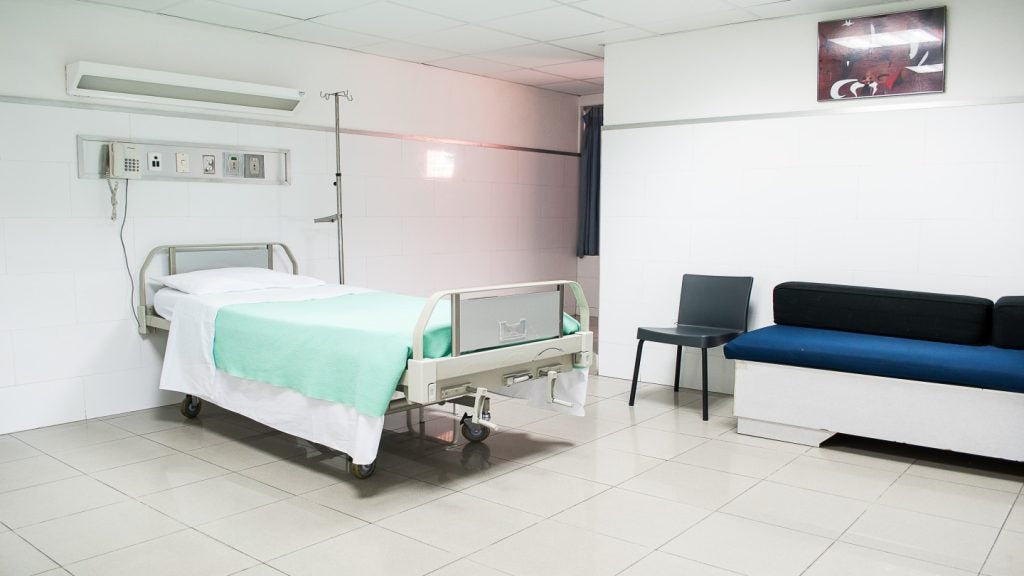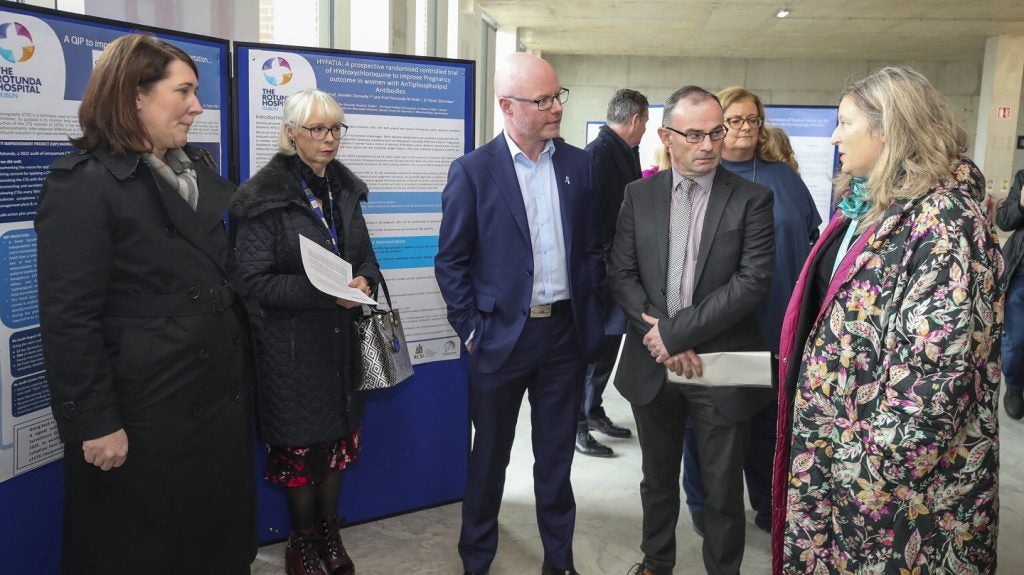Peking University People's Hospital has begun the construction of a new branch in Hebei's Xiong'an New Area, China, reported Xinhua News Agency.
According to the Xiong'an New Area management committee, the new branch in the Rongdong area covers 7.64ha. It is planned to have a 1,000-bed capacity.
Additionally, hospital head Wang Jun stated that the Xiong'an branch will function as a national medical centre.
The new branch is expected to enhance coordinated healthcare development in the Beijing-Tianjin-Hebei region.
Meanwhile, the Xiong'an branch of Xuanwu Hospital, affiliated with Capital Medical University in Beijing, commenced trial operations last month.
Peking University People's Hospital was founded in 1918 in Beijing.
It has transformed into a multifaceted institution, combining medical care, education, and research, along with healthcare services.
Recently, a voluntary organ donation service event took place at Peking University People's Hospital.
This event was held in the Lu Daopei Academic Lecture Hall of the Science and Education Building of the hospital.
The Peking University Organ Transplantation Centre was set up in 2001.
In the last two decades, Peking University People's Hospital is said to have emerged as one of Beijing's first hospitals with qualifications for kidney, liver and other organ transplants.
In April 2017, China unveiled a proposal to create Xiong'an New Area, situated about 100km from Beijing.
Earlier this year, Kwong Wah Hospital in Hong Kong announced plans to open an expanded accident and emergency department.
Spanning around 6,400m², the new unit will be almost 2.6 times bigger than the existing department.















